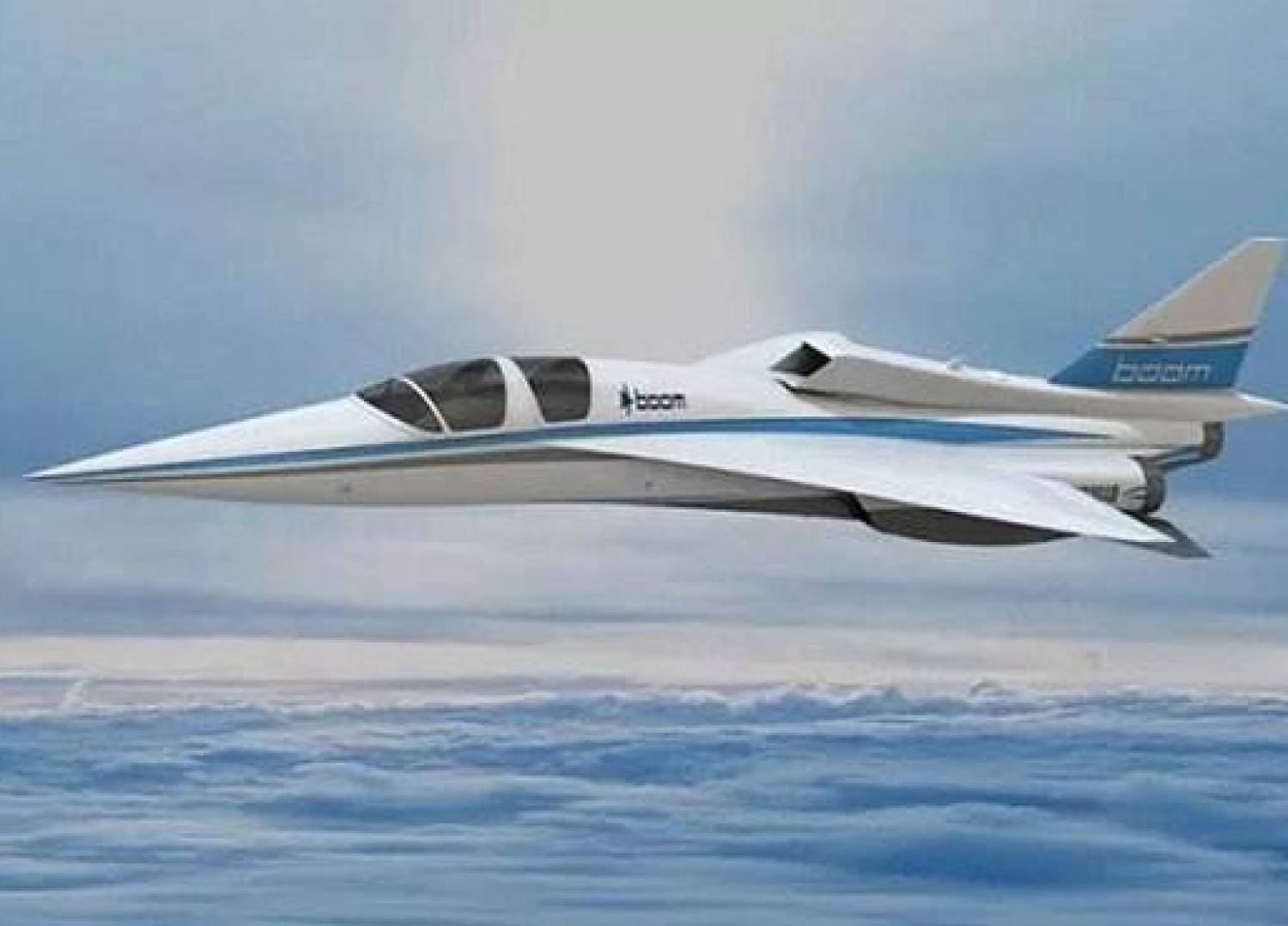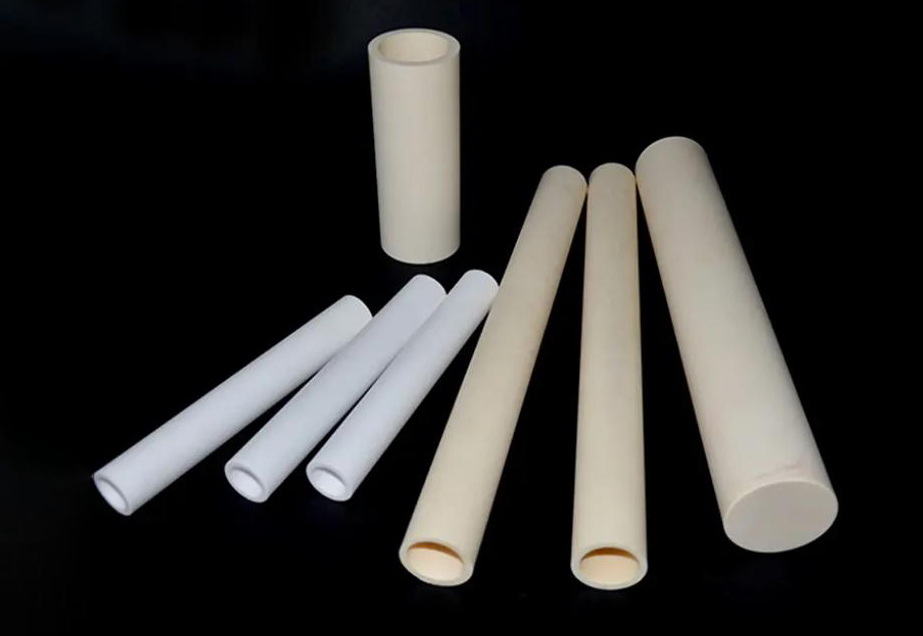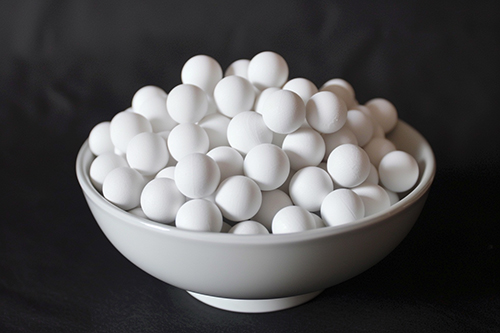What Are the Advantages of Advanced Ceramics?

Compared to traditional steel, plastic or other non-ferrous materials, modern advanced ceramics have amazing material properties and characteristics such as high hardness, high wear resistance, high compressive strength and large electrical resistance, and strong corrosion resistance. Some ceramics, such as silicon carbide produced by CVD, provide additional advantages by allowing for relatively high thermal conductivity as well as some electrical conductivity. When developing new ceramic applications, check with the materials experts early in the design process to see which properties are easily available and which properties may be limited. You can contact us for resources on common ceramic properties.
Technical Ceramic Challenge
Many ceramics, such as zirconia, are made by pressing powder or paste into a rough shape prior to low-temperature firing. Prior to the final high-temperature firing, the green ceramic can be processed to add holes or planes or other features to produce a solid product. However, high-temperature firing can result in significant shrinkage of the material. If you need precise features, you can only implement it after firing, which adds considerable cost.
Diamond Grinding
Most metals are processed by a single point cut. However, this technique is not suitable for firing ceramics because they are usually harder than cutters. Of course, there are always exceptions. In this case, single-point cutting can be done using a diamond chip, but this only applies to very special cases. Most of the fired technical ceramics are "machined" by grinding, which generally involves a diamond wheel. These wheels are made of diamond grit embedded in a metal or composite material that can be ground by impact. Grinding is a cumbersome process that requires intense cooling of the impact/cutting area due to high applied pressure and protects the diamond grit from thermal damage.

Aerospace, Semiconductor and Other Applications
Technical ceramics can improve the performance of components under extreme conditions. This is especially useful when steel or glass components often experience unpredictable failures that cause the machine to shut down. Ceramic components can be used in a variety of demanding applications, such as high-temperature environments, or applications where traditional materials do not work, including aerospace, semiconductor, oilfield, and medical. For more information, please visit https://www.preciseceramic.com/.
{{item.content}}
LEVE A REPLY
{{item.children[0].content}}
{{item.content}}
LEAVE A REPLY
SUBSCRIBE OUR NEWSLETTER
- How PBN Crucibles Ensure the Quality of GaN & SiC Epitaxial Materials
- SiC vs. Quartz Focus Rings: A Cost and Performance Analysis for Advanced Etch
- AlN Ceramic Substrates: Enabling Next-Gen Electrostatic Chucks
- The Amor of Semiconductor Tools: Why High-Purity Al2O3 & AlN Are Preferred for Plasma Process Chambers
- Silicon Carbide - Ultra-High Temperature Ceramics for Extreme Environments










